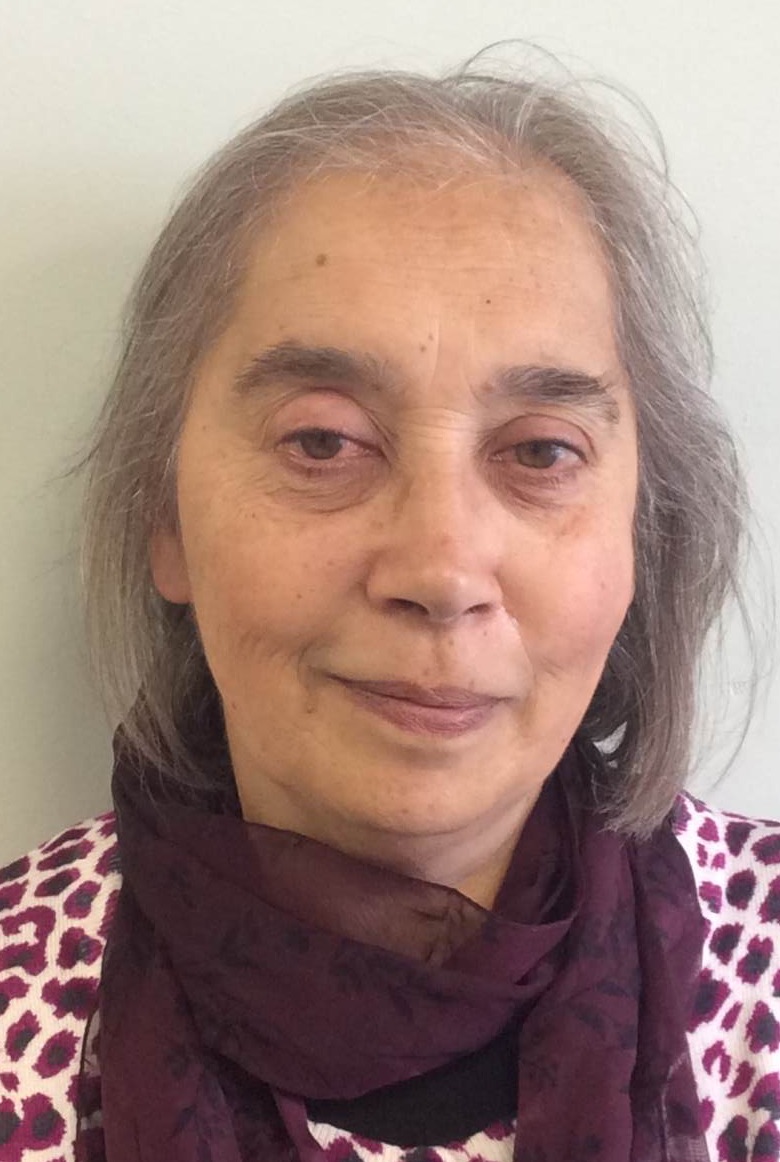History
HCPS History Progression Document HCPS History Long Term Plan
History is led by Mrs S. Close.
 |
| Mrs S. Close |
Vision
“A generation which ignores history has no past – and no future.” – Robert A. Heinlein.
Substantive concepts
Our History ‘Golden Threads of Learning’ such as ‘democracy’ or ‘invasion’ are embedded through topics in every year group and act as the connective tissue that helps to tell the story of our curriculum through allowing greater coherence, connections and progression. The substantive concepts taught within each topic are mapped out onto our knowledge organisers along with questions to get children thinking and talking. Adults and children can refer to them in order to help build a dialogue surrounding history and make valuable links between areas of study.
|
Power |
Culture |
Civilisation |
|
Invasion |
Empire |
Democracy |
Intent
History is a subject that captures the imagination of children and sparks an interest in where we have been so that we can better understand where we are going. Children should be able to place themselves chronologically, notice and study differences but more importantly see the similarities that cross much of human history. Children should develop into passionate, engaged and lifelong historians. Our aim is to teach children a sense of chronology, and through this they develop a sense of identity, and a cultural understanding based on their historical heritage. Thus they learn to value their own and other people’s cultures in modern multicultural Britain and, by considering how people lived in the past, they are better able to make their own life choices today. Through this study, pupils learn to ask perceptive questions, think critically, weigh evidence, sift arguments, and develop perspective and judgement. Regular school trips provide further relevant and contextual learning.
Implementation
Knowledge is still at the heart of the revised history curriculum with a focus on trying to make meaningful connections so that children ‘know more and remember more’. This is not only important for the children but also the staff who are teaching history. Throughout their time at primary school children will cover over 7000 years of history. The aim is to make this engaging, enlightening and something in which everyone can succeed.
Knowledge organisers have been prepared so that both children and staff can see where they have been and also where they need to get to. As a school, one of our main areas for focus has been vocabulary. Knowledge organisers help to ensure that there is a consistent high standard surrounding historical vocabulary. Organisers can also be used to aid those children who would benefit from pre-learning either at home or in school-based intervention. We have prioritised an interactive and informative assessment process through focused questioning, open – ended discussion and quality children’s work. Our final aim is to ensure that history is the primary focus during any history topic.
There is also a renewed focus upon the following:
- teaching history chronologically
- that teachers should use a range of historical sources both physical and digital to bring history to life
- that children are able to use sources to make reasoned and valid justifications based on evidence
- by the end of their time in primary school children will be able to identify main similarities and differences between then and now
Impact
Impact will be seen in topic specific books that follow children through school. This will enable us as a school to ensure that progress is evident and easy to see. Cross-curricular writing will also be used in English books ensuring history is alive across the curriculum. We hope to evidence a broad and balanced history curriculum and demonstrate the children’s acquisition of identified key knowledge. Children will review the ‘sticky knowledge that has been identified and are actively encouraged to identify their own target areas, with support from their teachers. Children are also asked what they have learned comparative to their starting points at the end of every topic.
Emphasis is placed on analytical thinking and questioning which helps pupils gain a coherent knowledge and understanding of Britain’s past and that of the wider world and pupils are curious to know more about the past.
Through focusing on History as not only a fun and engaging foundation subject but as a subject that facilitates; critical thinking, seeing the world through alternative lenses, looking forward with the knowledge that what came before can shape where we are going. History helps children to engage with the world around them in a critical manner. Allowing them to learn from the past so that hopefully we do not repeat the same mistakes.




